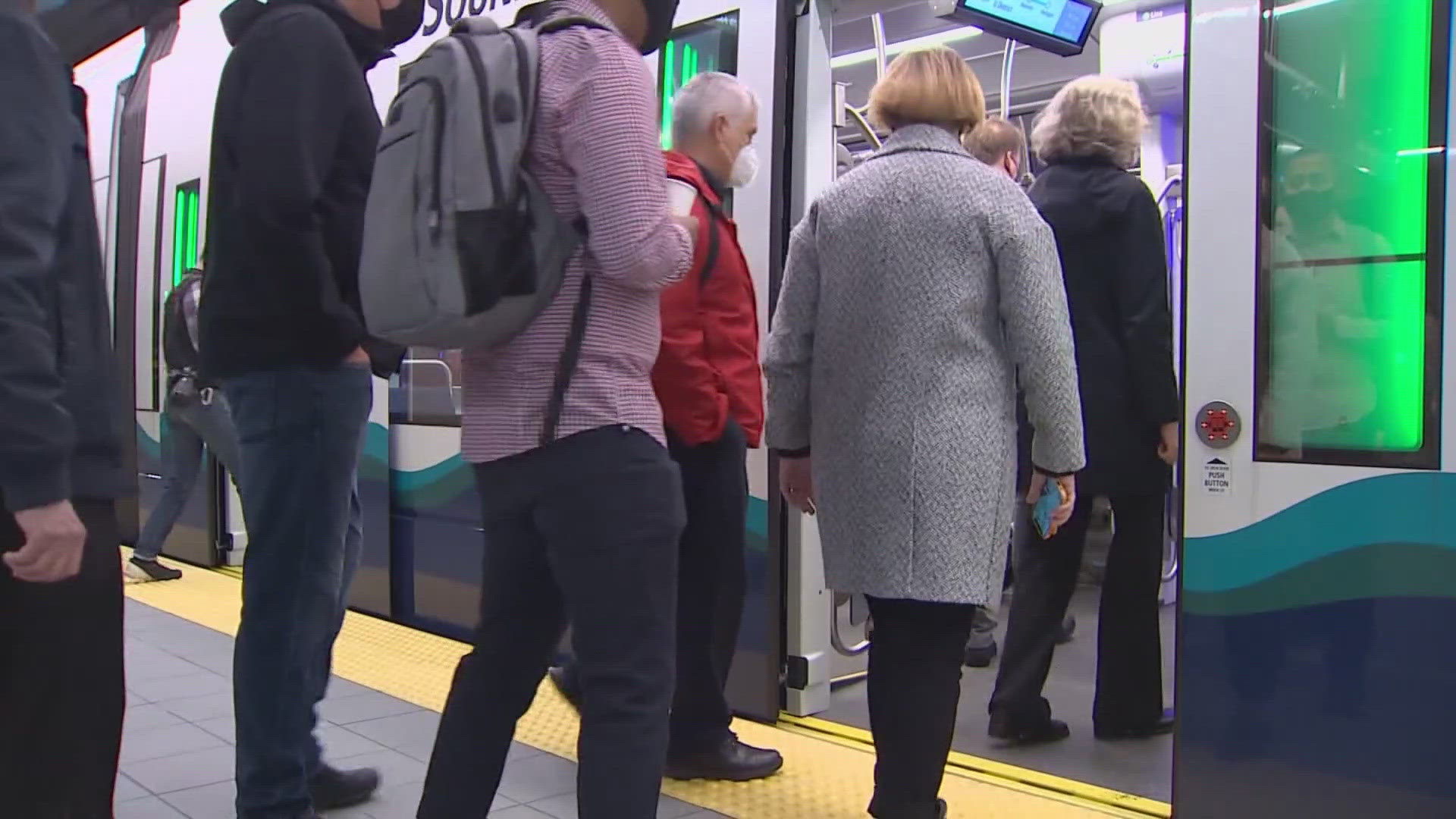SEATTLE — The Seattle City Council will consider Mayor Bruce Harrell's $1.45 billion transportation levy on Tuesday.
The proposed levy would replace the current levy, which expires at the end of this year. The current levy, which was $930 million, was passed in 2015. The median homeowner in Seattle currently pays $24 per month for the levy and the proposed levy would increase the monthly payment to $41.
If the city council approves the levy, it will then go in front of voters in November.
How the money will be divided
According to the levy draft, the largest amount of money, $423 million, would be spent on major street maintenance. That includes filling potholes, "significant and transformative" corridor improvements, curb and pavement markings and more.
Safety improvements around the city, especially near schools, would see $107 million. The city aims to reduce fatalities and injuries through improvements to roads, sidewalks, and intersections. Vision Zero, the city's plan to end traffic deaths by 2030, would receive a 150% increase in funding.
Under the new proposal, $221 million would be spent on bridge repairs, cleaning and maintenance.
Another $162 million would be used for safety improvements to streets, sidewalks and other infrastructure.
Transit corridors and connections would receive $145 million to connect people to transit hubs, including light rail stations and bus stops, as well as reduce delays on bus routes.
The city would spend $135 million on making sidewalks, crossings and curbs safer and more accessible for pedestrians.
A total of $114 million would go to increasing bike safety, creating more bike lanes that would connect more neighborhoods and build up to five new greenways.
Another $100 million would be used to install, maintain, and upgrade traffic signals. The proposed levy would also fund up to five pilot projects.
The city would spend $66 million on upgrading public spaces, including landscaping improvements, more lighting, and "improve the pedestrian experience."
The city would help address climate change with $59 million to reduce air pollution and make sustainable transit options more available.
$25 million would be spent on freight improvements, such as supporting trucks delivering goods.
$5 million would be spent on improving sidewalk and infrastructure strategies and establish a Transportation Funding Task Force.

